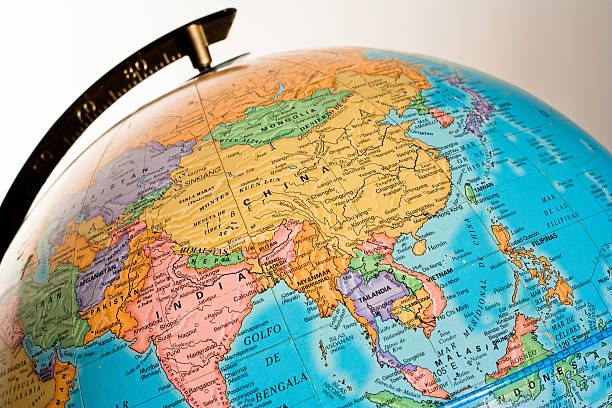The Regional Comprehensive Economic Partnership (RCEP) could change regional trade in ways that affect U.S. economic interests, according to a U.S. congressional analysis.
The same analysis also concludes RCEP could reduce U.S. trade activity if members shift trade to U.S. competitors, and supply chains are reoriented to capitalize on RCEP’s tariff reductions and rules of origin.
In addition, the congressional assessment finds that new trade rules in Asia, which may not reflect U.S. negotiating priorities, such as in digital trade, could hurt U.S. competitiveness; although this may be offset by existing U.S. FTAs with some RCEP partners and the future Indo-Pacific Economic Framework for Prosperity (IPEF).
At the same time, U.S. companies manufacturing in the region could further concentrate their operations if RCEP rules of origin reduce input costs and benefit from reduced non-tariff barriers.
With concerns that RCEP (and CPTPP) could harm the United States, some members of the U.S. Congress urged the Administration to develop a more robust trade strategy for the United States by pushing for participation in CPTPP, a regional digital trade agreement, and expansion of the scope of IPEF to cover market access.
RCEP
The expiration of Trade Promotion Authority (TPA), in which Congress sets U.S. negotiating objectives and procedures, may determine the scope of congressional influence and U.S. approaches in the region.
The RCEP is a trade agreement, signed in late 2020 after eight years of talks, between the 10 members of the Association of Southeast Asian Nations (ASEAN) –Brunei, Burma (Myanmar), Cambodia, Indonesia, Laos, Malaysia, the Philippines, Singapore, Thailand and Vietnam– and five ASEAN free trade agreement (FTA) partners –Australia, China, Japan, New Zealand and South Korea.
The RCEP entered into force in January 2022 after ratification by six ASEAN and three non-ASEAN countries. To date, it has not yet been ratified by the Philippines and Myanmar.
Although the RCEP generally has less comprehensive commitments than other recent trade agreements (e.g., the CPTPP or the U.S.-Mexico–Canada Agreement), many analysts consider the RCEP to be an achievement for the multilateral trading system, which faces myriad challenges.
The collective economic weight of its members gives RCEP the potential to deepen some trade patterns and supply chains in Asia by reducing trade costs and streamlining rules.
![]()

